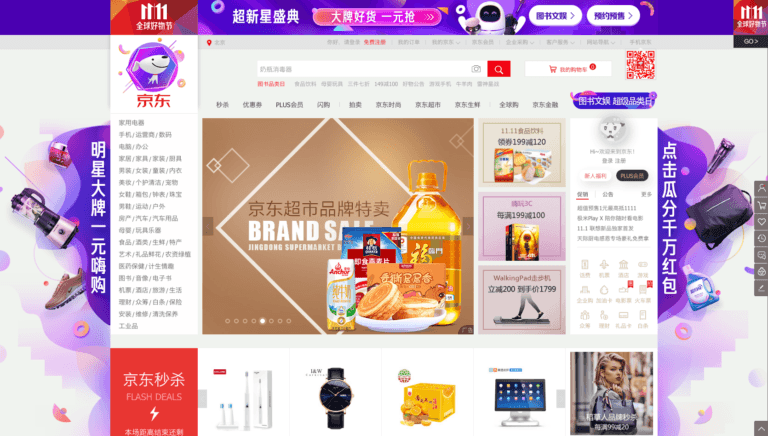On Tuesday (30 October 2018), crypto hardware wallet maker Ledger announced via a press release that it had “expanded its global presence to Hong Kong” to meet the increasing demand for its security solutions for cryptoassets.
The French company, which was founded in 2014, has its own custom operating system: the Blockchain Open Ledger Operating System (BOLOS). This is what enables your private keys to stay protected when using embedded third party applications. BOLOS is integrated either to a secure chip for the Ledger wallet line (“Ledger Blue” and “Ledger Nano S”), or to a Hardware Security Module (HSM) for various enterprise solutions (such as “Ledger Blue Enterprise”).
The person who will be running the new Hong Kong office is Benjamin Soong, Ledger’s Head of Asia Pacific (APAC). He says:
“Blockchain technology is evolving the financial system rapidly, it is critical that institutions and investors adopt security solutions that are equipped to face the new risks that come along with it. Secure storage of large multi-cryptocurrency funds is a highly complex challenge that cannot be solved by just implementing procedures. Institutions are looking for safer storage options along with integrated governance policies, but don’t want to sacrifice operational efficiency — with our technology, investors don’t have to compromise.”
He also talked about Ledger’s plans for the Asia Pacific region:
“It is a very exciting time to join Ledger, as the company continues to rapidly expand across the globe,” said Soong. “I have seen first hand how mobile, digital and crypto have taken off across Asia, and the opening of this office will help meet the increased demand for our products and services. We expect to grow quickly, and have already targeted future office expansion, including Tokyo, Seoul and Singapore. I look forward to building a world-class team that will help us accelerate our growth across Asia Pacific.”
Soong, in an interview with Coindesk, had this to stay about the popularity of stablecoins, especially Tether (USDT), in the APAC region:
“One thing that is slightly unique in China and South Korea is the demand for USDT since both of those countries have capital controls, in terms of your ability to move currency out of the country.”
On 8 August 2018, Ledger announced a new initiative (#CryptoTuesday) that means support for additional cryptoassets on the first Tuesday of every month, with the goal being to have support for more than 100 cryptoassets by the end of 2019 (Ledger’s hardware wallets currently support over 40 cryptocurrencies).
According to Ledger’s roadmap (for both internal and third-party developments), there is work currently underway to provide support for the following popular cryptocassets in the near to medium future: Cardano (ADA), Decred (DCR), IOTA, Lisk (LSK), RavenCoin (RVN), and Tezos (XTZ).
Featured Image Courtesy of Ledger









